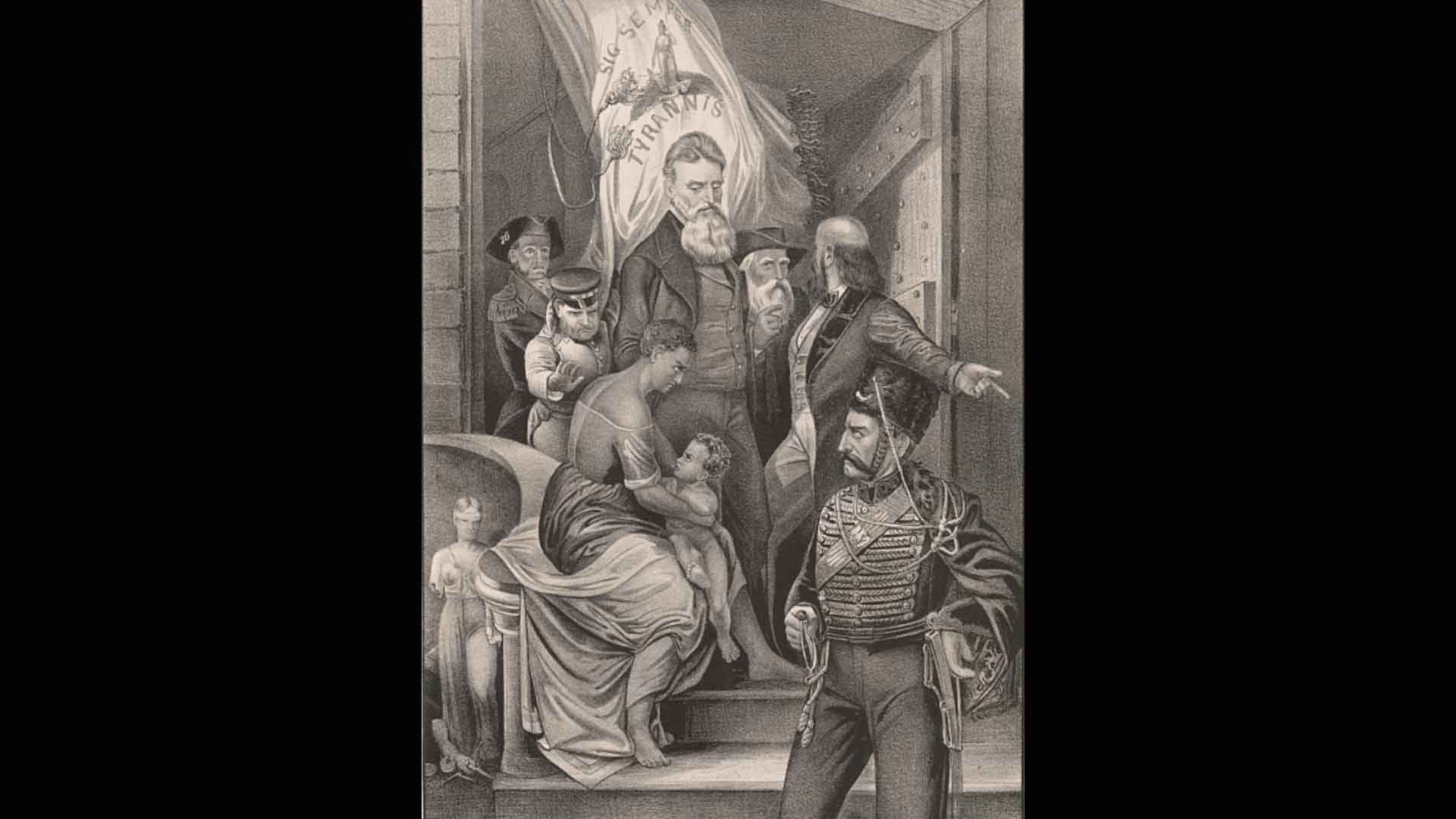For the source text click/tap here: Kiddushin 20
To download, click/tap here: PDF
If a person does not notice the error of his ways, he will end up selling his fields, as the verse states, “When you friend will become poor and he will sell from his ancestral heritage.” If it does not come to his hand (meaning he still does not repent), he then ends up selling his house, as the verse states, “When he will sell a house in a city with a wall.”
The Gemora asks: Why did the braisa say, “If a person does not notice” (if he decides not to repent) and then it says, “If it does not come to his hand” (meaning that it is a foregone conclusion that he will not repent)? The Gemora answers: This is as Rav Huna states: Once a person sins and then sins again, it is permitted to him. Is it really permitted? It is like it is permitted to him. [Accordingly, the braisa explained the last verse to mean that he will not repent, for he repeated the sin, and it becomes permitted to him.]
The braisa continues: If it does not come to his hand, he will end up selling his daughter, as the verse states, “And if a man will sell his daughter.” Even though this verse is not near the other verses, the person must have sold his daughter, as people say that one would rather sell his daughter before taking loans with interest.
( The Gemora (Yoma 86b) explains that a true penitent is one who committed a sin in the past and then the opportunity for the same sins comes again a first time and a second time and he is saved from the sin on both occasions.)
We continue our exploration of slavery and the fruits of bad habits!




















